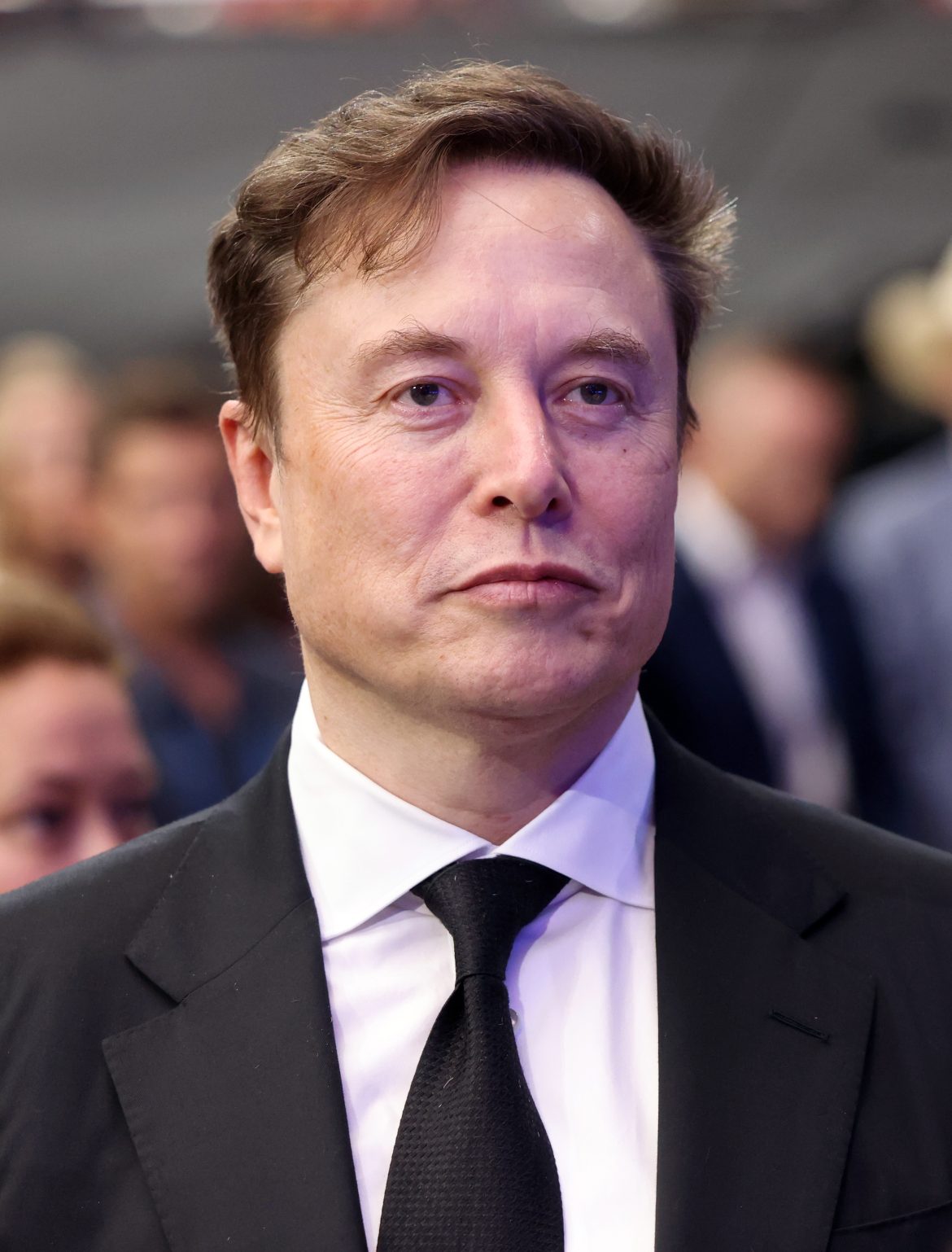
Musk’s substantial assets and his dedicated support base ensured that the vote was never truly uncertain.
Musk’s substantial assets and his dedicated support base ensured that the vote was never truly uncertain.


On Thursday, Tesla shareholders approved Elon Musk’s remarkable new compensation plan, aimed at securing the controversial CEO’s leadership during a tumultuous period for the automotive company. More than 75 percent of shares endorsed the plan.
The vote grants Musk significant control over his electric vehicle enterprise and entitles him to the largest corporate payout ever recorded. The final figures are anticipated to be revealed in a Securities and Exchange Commission submission in the coming days.
Musk addressed the shareholders in Austin to cheers of “Elon! Elon!” while surrounded by animated Optimus robots. “We’re about to embark on not just a new chapter for Tesla’s future, but an entirely new volume,” he stated.
The proposed compensation package, which was suggested by the board last September, would provide Musk with over 423 million additional shares, boosting his ownership from about 15 percent to roughly 25 percent. To qualify for the entire payout, Musk needs to hit various milestones, including increasing Tesla’s market cap from its current $1.5 trillion to $8.5 trillion within a decade. He must also deploy 1 million robotaxis, sell an extra 12 million cars, secure 10 million Full Self-Driving subscriptions, and produce 1 million humanoid robots.
Prior to the vote, Tesla cautioned shareholders that disapproving the massive payout could lead to Musk pursuing other ventures. This compensation plan is designed to draw him back to the electric vehicle company, even though Musk appears to be primarily driven by his ambition to create and control a “robot army.”
Some of Tesla’s most significant investors, including Norges Bank Investment Management, which oversees Norway’s sovereign fund, along with smaller public pension funds like the American Federation of Teachers and various New York City retirement programs, opposed the vote. Major proxy advisory firms Institutional Shareholder Services and Glass Lewis have also expressed disapproval of the pay package.
Musk’s existing compensation plan, valued at over $50 billion, was invalidated by a Delaware court last year after a judge determined that Tesla’s board lacked adequate independence from the billionaire CEO. Shareholders had previously voted twice in favor of the substantial compensation, but the judge upheld her ruling against it. Tesla has appealed this ruling to the Delaware Supreme Court. This ruling led Musk to initiate a proposal to relocate Tesla’s legal base from Delaware to Texas, which the shareholders also approved.
This new award comes as the board emphasizes that Tesla is on the verge of becoming a frontrunner in AI and robotics, necessitating Musk’s steady leadership. In truth, Tesla’s stability is more precarious than ever. Musk’s support for President Donald Trump and his efforts at the Department of Government Efficiency to dismiss thousands of federal workers and eliminate humanitarian aid programs triggered widespread protests and a significant sales decline. The end of the federal EV tax credit is anticipated to further diminish sales.
Whether Musk can meet the ambitious objectives outlined in the compensation package seems increasingly discordant with his methods regarding technology. Earlier this year, Tesla launched its first robotaxi service in Austin, Texas — although the service fell short of Musk’s previous forecasts. The vehicles continue to have safety monitors, either in the driver or passenger position — even though Musk has indicated these might be removed by year’s end. The only new offering from the company since 2020, the Cybertruck, has generally been viewed as a disappointment to consumers. Additionally, competition from other car manufacturers, particularly those in China, has been decreasing Tesla’s market share and depleting its resources.

